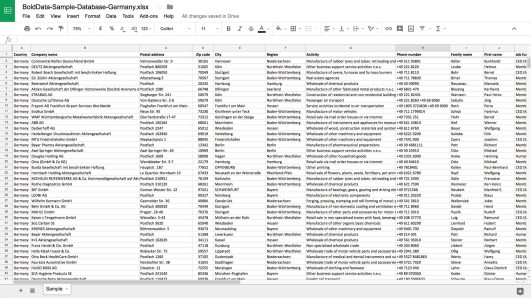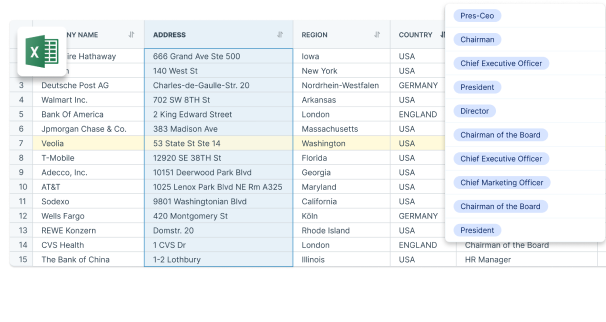Big data has become an essential component of today’s digital age. The term refers to the massive amount of data generated daily and the tools and techniques used to analyze it. In this article, we’ll dive deeper into what makes big data unique and explore the various tools and techniques used to analyze it. We’ll also examine the different applications of big data, the benefits it offers to businesses, and the challenges it poses.
Definition of Big Data
Big data is a term used to describe the massive amount of data generated every day through our interactions with technology. This includes data generated through social media posts, emails, online transactions, sensor data, and more. The amount of data generated daily is so vast that it requires specialized tools and techniques to analyze it effectively.
Importance of Big Data in Today’s Digital Age
The rise of big data has been driven by the increasing use of technology in our daily lives. The vast amount of daily data gives businesses valuable insights into customer behavior, market trends, and operational efficiency. With the right tools and techniques, businesses can use big data to improve their decision-making, personalize their marketing, reduce costs, and improve their customer experience.
What Makes Big Data Unique?
Big data is characterized by the three Vs: volume, velocity, and variety. Volume refers to the massive amount of data generated daily, ranging from petabytes to exabytes. Velocity refers to the speed at which the data is generated, which can be in real-time or near real-time. Variety refers to the types of data generated, including structured, unstructured, and semi-structured data.
Big data requires specialized tools and techniques to analyze it effectively compared to traditional data. This is because traditional data is usually structured and generated at a much smaller scale, making it easier to analyze using traditional methods.
Tools and Techniques for Analyzing Big Data
To analyze big data effectively, businesses and organizations use specialized tools and techniques that allow them to store, process, and analyze the data. These include technologies such as Hadoop, Spark, and NoSQL databases, which enable businesses to process and store large amounts of data quickly and efficiently. Machine learning algorithms also analyze big data and uncover patterns and insights.
Applications of Big Data Big data has various applications in various industries, including finance, healthcare, retail, manufacturing, and others. Big data analyzes financial transactions in finance to identify patterns and detect fraudulent activity. In healthcare, big data is used to analyze patient data to improve diagnoses and treatments. In retail, big data is used to optimize marketing strategies and improve the customer experience.
Benefits for Businesses
The benefits of big data for businesses are numerous. By analyzing big data, businesses can make more informed decisions, personalize their marketing, reduce costs, and improve the customer experience. Big data can also improve operational efficiency, allowing businesses to streamline operations and reduce waste.
Challenges
While big data offers significant benefits to businesses, it also poses several challenges. Privacy and security concerns are major issue, as the vast amount of data generated daily makes protecting sensitive information challenging. Data quality issues are also a concern, as businesses must ensure that the data they analyze is accurate and reliable. Clean your database you start analyzing your data. Finally, there is a significant skills gap in analyzing big data, with many businesses struggling to find employees with the necessary skills and expertise.
For Your Business
Big data is critical to today’s digital age, providing businesses with valuable insights into customer behavior, market trends, and operational efficiency. Businesses can analyze big data using specialized tools and techniques and gain a competitive advantage in their industry.
Don’t have big data yourself? Consider buying ready-made big data for companies, contact us now at Bold Data!

